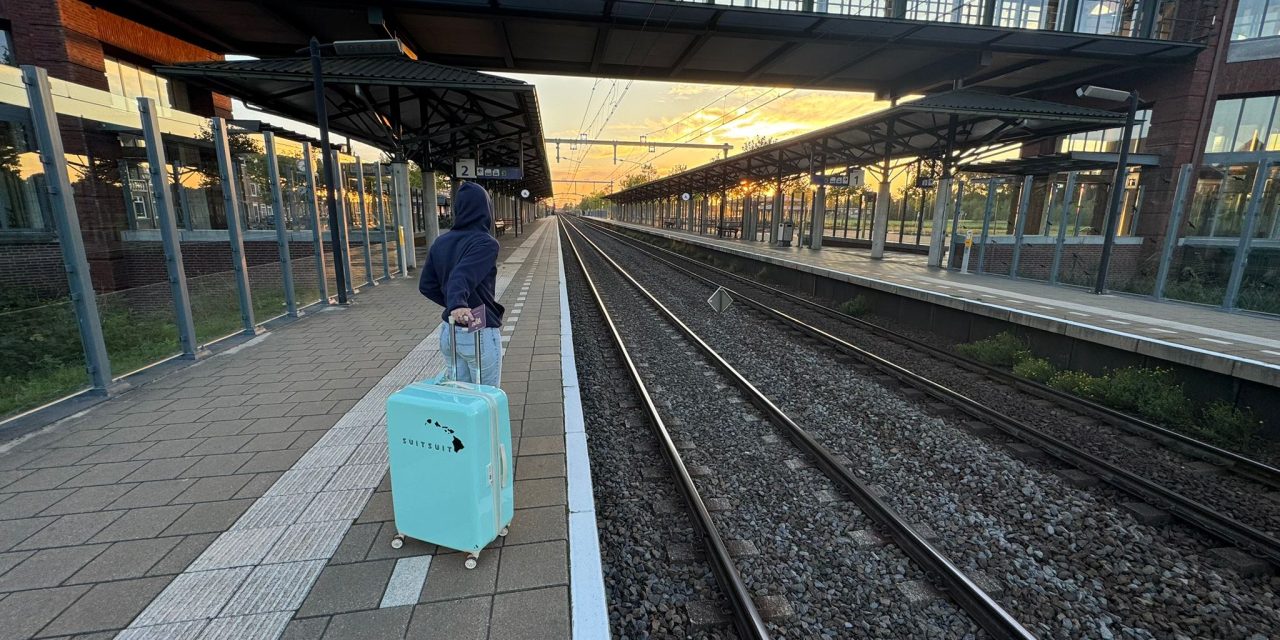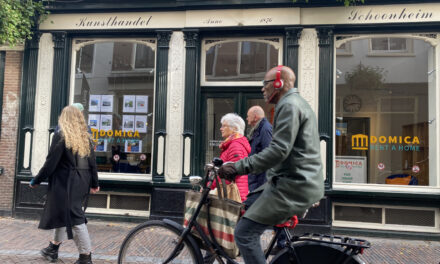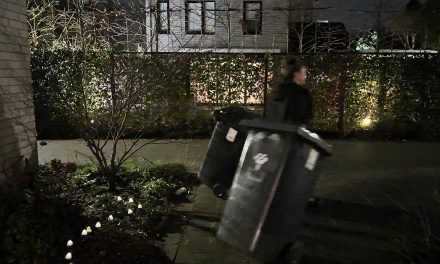The Dutch parlement has been debating on a legislation that would reshape the entire balance of international students in higher education. The Internationalisation in Balance act (Wet Internationalisering in Balans, WIB) states among other things that two-thirds of associate degree and bachelor’s programs must be taught in Dutch. For students who see themselves studying in the Netherlands one day, this proposed act raises one inevitable question: Should they be worried?
”If we need to focus entirely on Dutch students, we have a problem”. That is what Arnould Versluis, educational manager at Breda University of Applied Sciences (BUas), says about the potential consequences of the WIB. BUas thrives on global diversity, as they have more than seven thousand students from over a hundred countries.
Enlarge

Photo by: Lara van Erp
Critics of internationalisation in the Netherlands often argue that international students contribute to societal problems as well. Many see them as the reason for Dutch students not being able to find a student home or a side-job, and that whilst the majority will be a lost of investment when they decide to leave the country after completing their degrees. Versluis dismisses these claims, saying: “It is often said that international students take away student homes, jobs, and eventually return to their home countries after graduation. Nonsense,”. He argues that the housing crisis in the Netherlands has existed for over a decade and cannot be blamed solely on international students. As for employment, Versluis points out that jobs are not being taken away on a large scale. ”A significant number of international students actually stay and work in the Netherlands,” he explains. “That’s valuable, because cultural integration and diversity are essential”.
Bachelor’s degree programs have had a steady 8% inflow of international students the past eight years. According to Versluis, the majority of the issue lies with universities. In recent years, they have increasingly attracted students from outside the EU, mostly because these students pay significantly higher tuition fees. ”For some institutions, this became a business model,” Versluis explains.
So, what does the Internationalization in Balance act mean for future applicants? As for now, the Dutch government is ‘Demissionair’, meaning they cannot pass any new laws. For students within the EU, Versluis believes there is no need to be overly concerned. “I expect the law will be introduced in a modified version, wherein fewer international students will be admitted, but not zero,” he says. “A complete ban of international students seems unrealistic”. Since the law is so uncertain as of now, Buas continues to offer English-taught programs and keeps their doors to international students open.
Enlarge
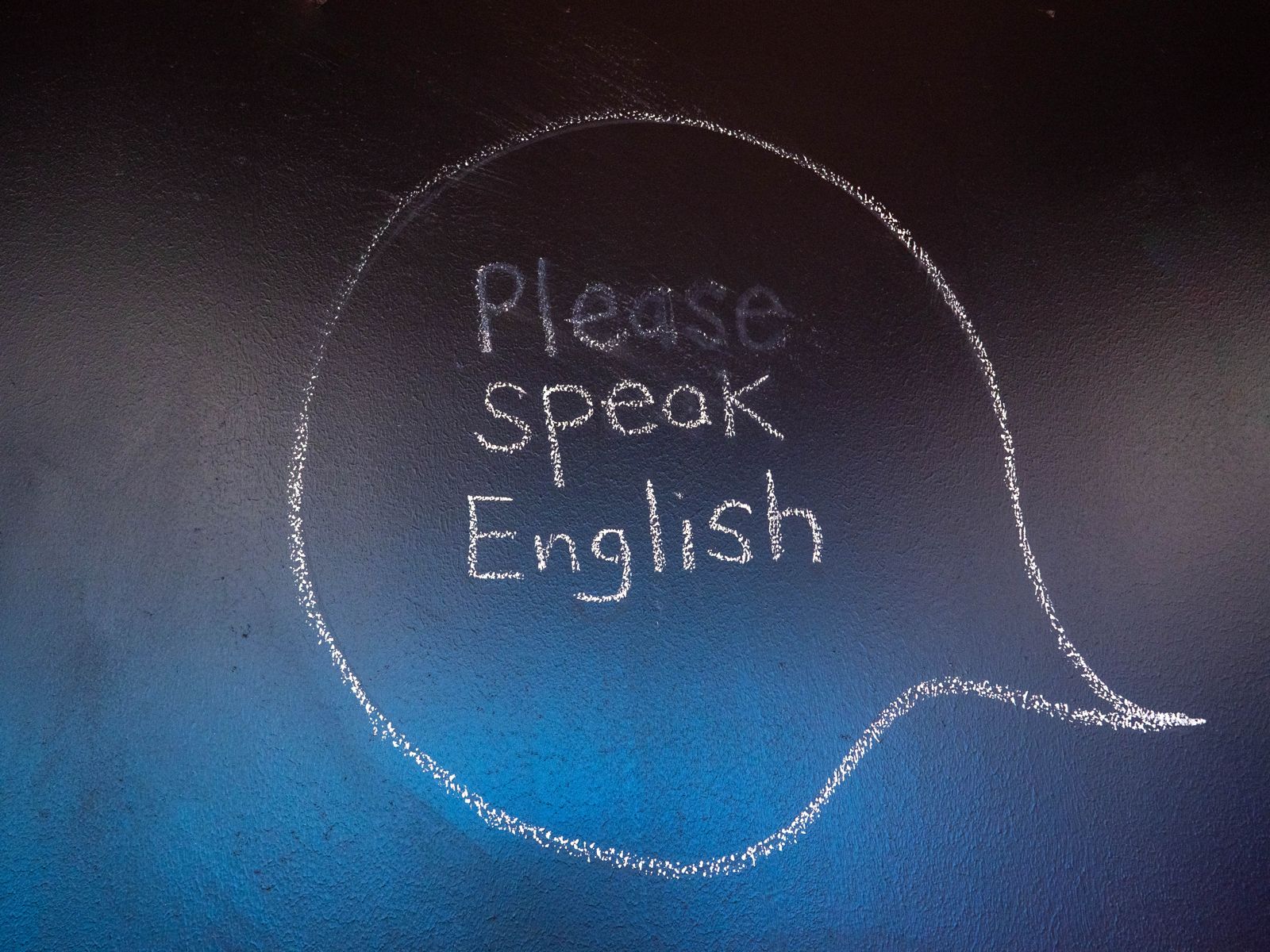
Photo by: Lara van Erp
Enlarge
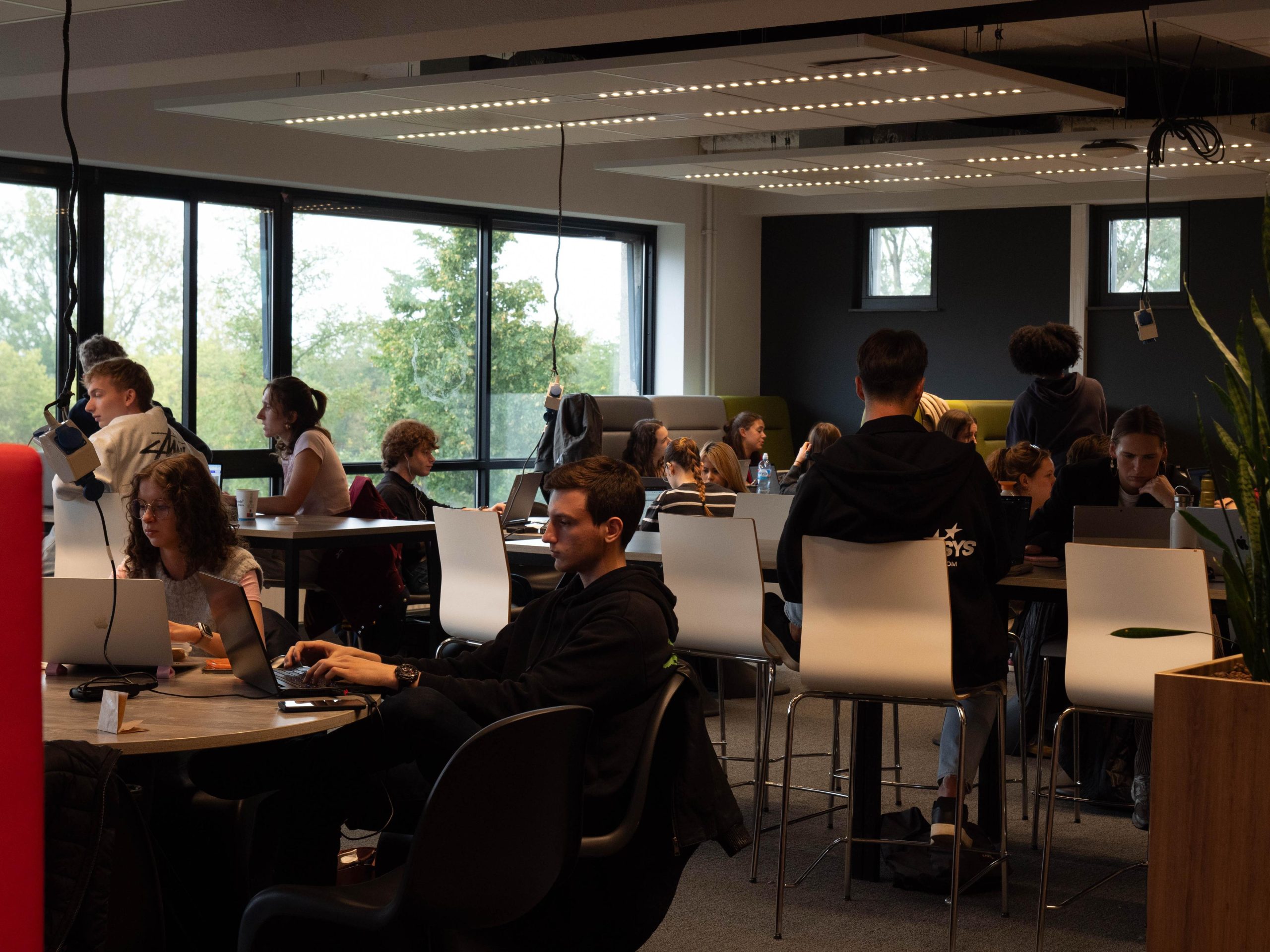
Photo by: Lara van Erp
